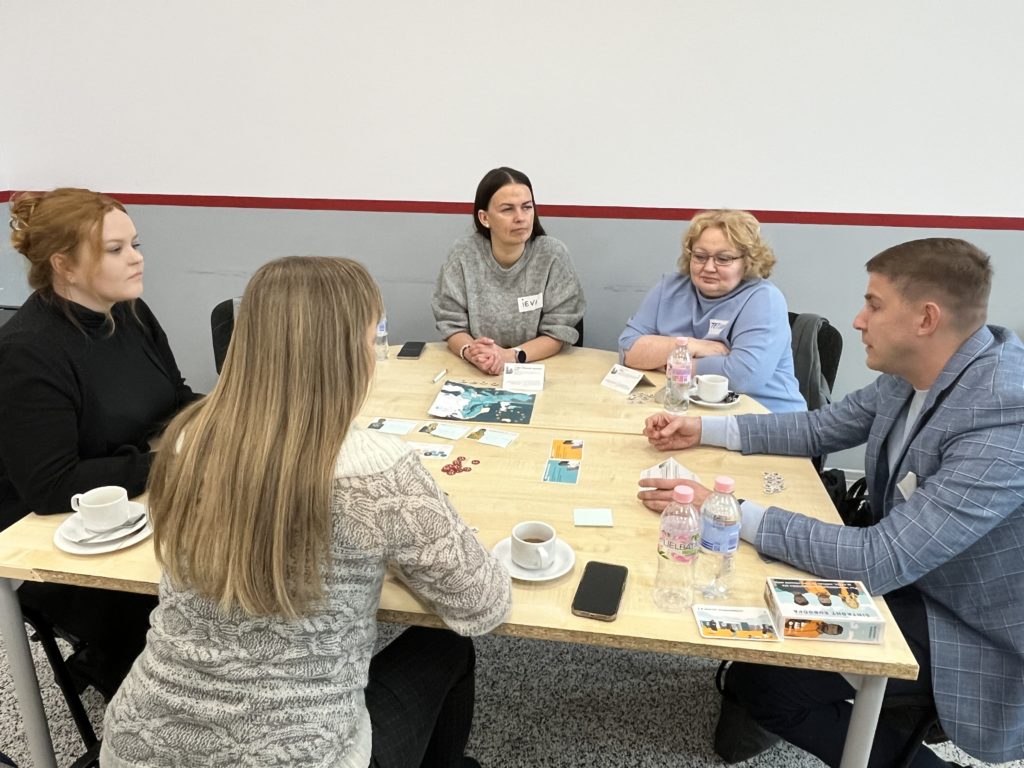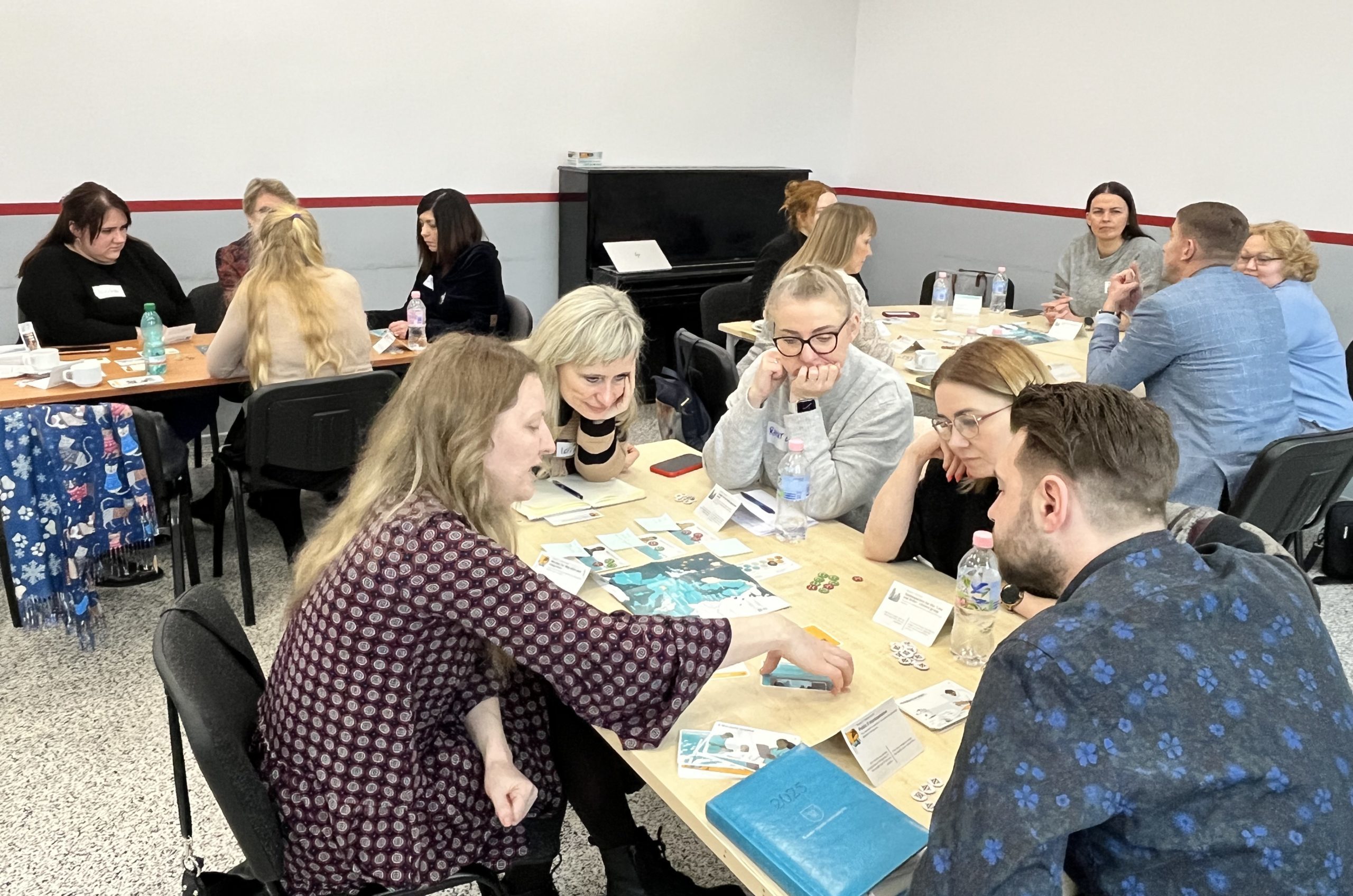On 13 and 14 March 2025, municipal representatives from Lithuania, Latvia, and Estonia took part in a two-day training on migrant integration, organized by the OSCE Office for Democratic Institutions and Human Rights (ODIHR). The event was part of the Academy on the Integration of Migrants and Refugees in the Baltic Countries (2025-2026), an initiative designed to help municipalities navigate the opportunities and challenges of migration and integration at the local level.
The training kicked off with two parallel Destination Europe sessions, where 44 participants received a broad overview on migration before diving into a deeper discussion on challenges and responses at the local level. Participants reflected that the tool allowed them to see how different decisions influence migration outcomes and how policies can have both intended and unintended consequences.
One participant noted that the exercise showed that it is “not possible to please everyone each time,” highlighting the importance of carefully analysing the trade-offs in decision-making at all governance levels. Others found that the tool reinforced their conviction that local administrations should invest more in analysing the overall migration situation in their country to better define their role and respond strategically.
Physical copies of Destination Europe, provided by EMN Estonia, were in high demand among Estonian representatives, with boxes quickly disappearing. Other participants were informed that Latvian and Lithuanian versions are available online as “Print-and-Play” versions.
The training demonstrated that Destination Europe is a valuable tool for municipalities and local integration actors. It showed its power to facilitate discussions, encourage critical thinking, and help stakeholders develop a shared understanding of different aspects of migration and integration and how they play out in their daily work.


Academy on the integration of migrants and refugees in the Baltic countries
The Academy is an interagency initiative that draws on expertise from OSCE ODIHR, the Council of Europe’s Intercultural Cities (ICC) Programme, the UN Refugee Agency (UNHCR), and the OECD. Through a series of training courses delivered over two years, this initiative aims to equip local officials with the knowledge and tools needed to strengthen migrant integration and social cohesion in their communities.

